September 28. ANIMAL FARMING. (From BECOMING ECO-FRIENDLY FAMILIES)
Norah came home from her confirmation class full of fire. She shared, “We had a sexy young speaker today, a climate activist and university student. He spoke on sustainable living and told us about climate change and the impact of animal agriculture, which of course is raising animals to provide food for humans and includes meat, fish, dairy and egg industries. Deforestation in the Amazon provides land for millions of cattle, the methane gas that they emit increases CO2 contributing up to 18% of global warming. It also reduces the habitat for all the other natural creatures and plants that could decrease the CO2 instead.
But even more shocking for me was to hear how in every country, as human populations grow, and every other creature decreases in numbers, the way animals are treated is cruel and heartless. Over 70 billion land animals are raised and killed every year for food in processes that also cause extensive environmental damage.
We want to eat meat and have milk and cheese, but chickens are force fed with growth hormones to make them grow unnaturally fast so that their legs can’t even support their bodies. Cows too often live in very unnatural, even unhygienic settings where they can hardly even move. Remember recently there were some huge factory ships passing by the Cape transporting hundreds of these cattle, all cooped up in cages, halfway across the world.
Brendan had lots of stories but what really touched me was thinking what God would have to say about how badly and unfairly we treat these creatures for our own selfish wants. That isn’t why God created them and they also have rights on this earth and also have feelings as we know. I think it is very important that we should be eating a plant-based diet, at least moving in that direction, because that can go a long way to cut down on the harm of animal agriculture to the environment. We should take note that the way we humans consume food is ultimately unsustainable. You don’t have to be an animal activist to think like that, but I kind of wonder why Pope Francis didn’t have more to say about the meat thing in his writings. Maybe as an Argentinian he likes his steak too much!“
Reflect, share, act. Scripture: At that time while they were marvelling at everything Jesus did, he said to his disciples. “Let these words sink into your ears, for the Son of man is to be delivered into the hands of men.” But they did not understand. From Luke 9:43-45 . Respect for our dignity as human beings often jars with the chaotic realities that people have to endure in city life. Yet this should not make us overlook the abandonment and neglect also experienced by some rural populations which lack access to essential services and where some workers are reduced to conditions of servitude, without rights or even the hope of a more dignified life. LS154. Pope Francis: The catechism (340) teaches “God wills the interdependence of creatures. The sun, the moon, the cedar, the little flower, the eagle and sparrow, the spectacle of all their diversities and inequalities tells us that no creature is self-sufficient. Creatures exist only in dependence on each other, to complete each other, in the service of each other.” When we see God in everything, our hearts are moved to praise and worship God with St Francis. LS 86-7
Eco-tip and prayer. Another Look at Life. On Heritage Day the teenagers had suggested they really needed to celebrate National Braai Day. “Why?” “Because a braai is a good South African institution that we all enjoy.” So in a small town they visited they saw a big sport stadium and a soccer competition being advertised. Nearby was an outdoor eatery advertising “Buy and Braai” That idea was new to them, but they joined in and enjoyed themselves until Michael noticed that a lot of young kids hanging around the soccer field were clearly poor. Had they eaten? Was there genuine sharing here? They prayed for guidance as they discussed what they could do.

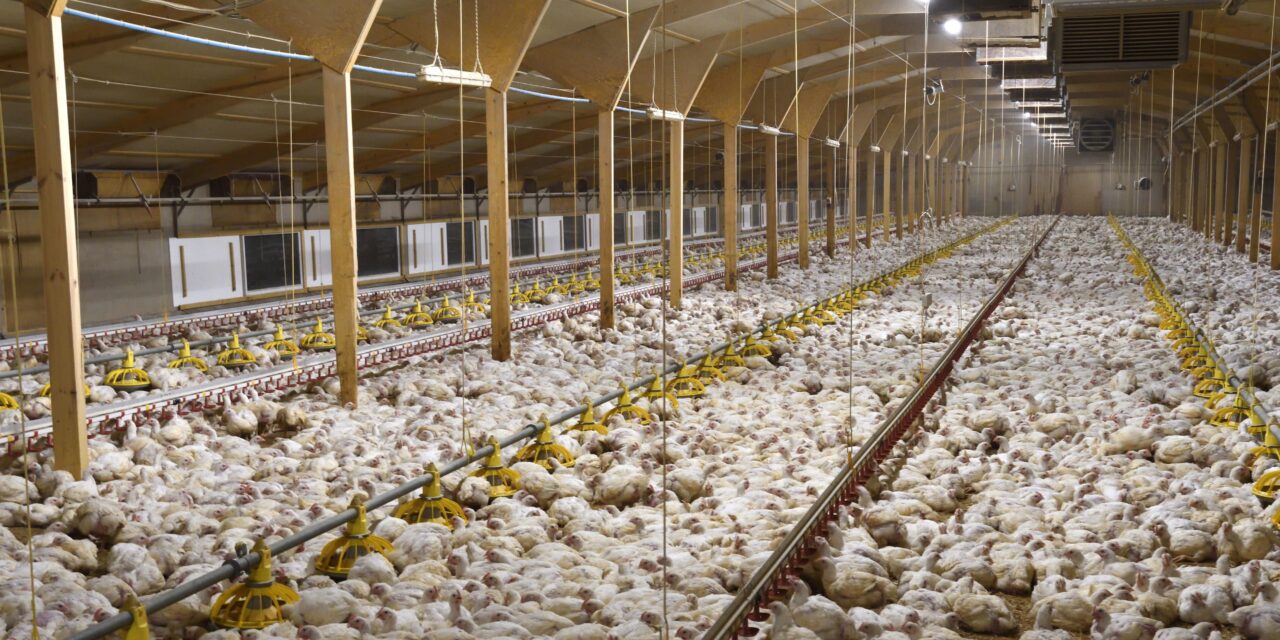
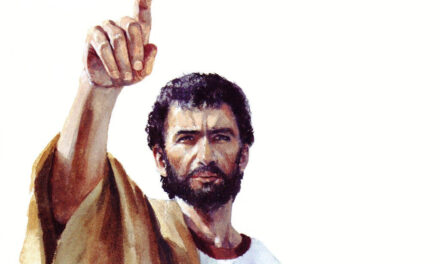
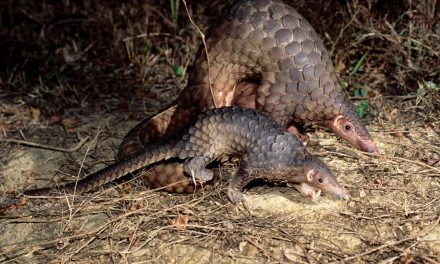
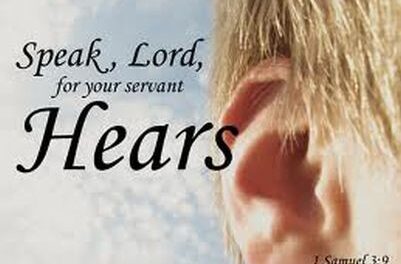
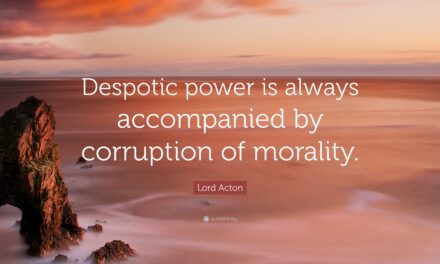
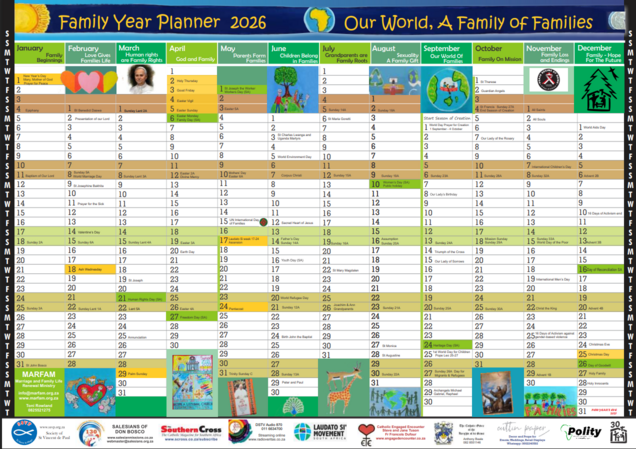
Recent Comments